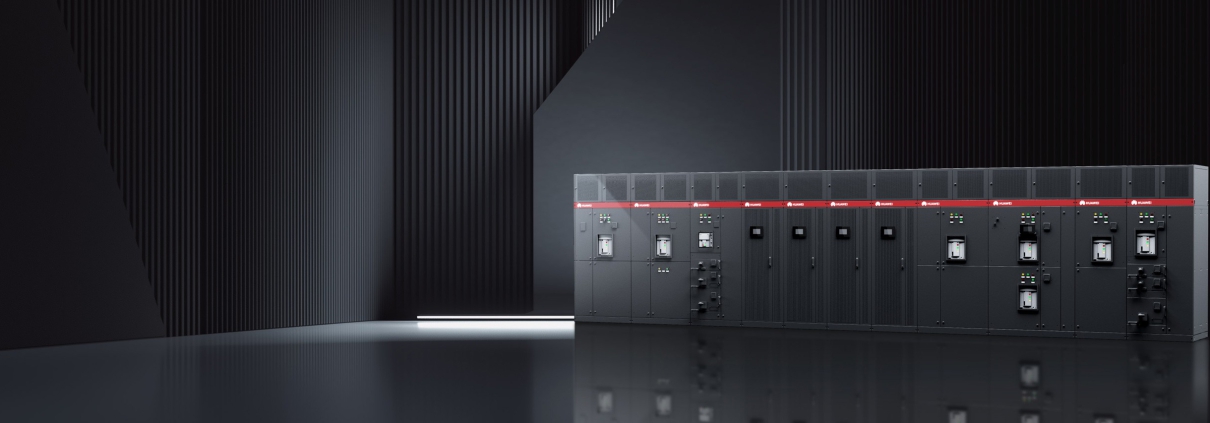Lithium UPS Battery Backup: Reliable, Smart, and Future-Proof Power Solutions for North America
- Introduction – Why UPS Reliability Matters in North America
The North American telecom and data center market is facing increasing demands for uninterrupted power. Critical infrastructure such as data centers, telecommunication base stations, and industrial facilities cannot afford downtime, as even short outages can result in significant financial and operational losses.
With the growing adoption of 5G networks, edge computing, and high-density server deployments, operators and facility managers are seeking UPS systems that offer reliability, efficiency, and long-term cost-effectiveness. Among these, lithium UPS battery backup solutions are becoming the preferred choice due to their superior performance and advanced management capabilities.
- Key Advantages of Lithium UPS Batteries
- Long Lifespan & High Energy Density
- Lithium batteries typically provide 3000+ charge/discharge cycles, significantly reducing replacement frequency.
- Higher energy density allows for smaller, lighter installations—ideal for urban data centers and space-constrained telecom towers.
- Lightweight & Compact Design
- Easier deployment in remote or constrained locations compared to traditional lead-acid batteries.
- Low Maintenance Requirements
- Smart BMS remote management reduces the need for on-site monitoring, minimizing labor costs and maintenance downtime.
- Differentiated Applications Across North America
Extreme Environment Performance
- Lithium batteries maintain consistent performance across high temperatures, sub-zero conditions, and storm-prone areas, making them ideal for diverse North American climates.
Remote & Distributed Sites
- For rural telecom towers or edge computing nodes, lithium UPS batteries reduce logistics and maintenance complexity, thanks to their long lifespan and remote monitoring capabilities.
Critical Infrastructure Use Cases
- Data centers, hospitals, financial institutions, and industrial facilities benefit from reliable, high-capacity UPS backup, protecting sensitive equipment and operations.
For readers interested in the evolution and future trends of UPS batteries in data centers, we recommend exploring this comprehensive guide: Data Center UPS Batteries: Evolution, Key Considerations, and Future Trends. It provides deeper insights into technological developments, key considerations, and what to expect in the next generation of UPS solutions.
- Smart BMS Remote Management
- Predictive Maintenance
- Lithium batteries equipped with intelligent BMS enable predictive diagnostics, identifying potential issues before they affect operations.
- Real-Time Monitoring & Alerts
- Cloud-based monitoring allows managers to track battery health, temperature, voltage, and state-of-charge remotely.
- Integration with IoT/AI Systems
- Advanced analytics and AI-driven load management optimize battery life, energy efficiency, and system reliability.
- Economic and Operational Differentiation
Total Cost of Ownership (TCO)
- While lithium UPS batteries require higher initial investment compared to VRLA batteries, long-term savings include reduced maintenance, fewer replacements, and energy efficiency benefits.
ROI and Case Studies
- North American data centers have demonstrated noticeable reductions in downtime costs and operational expenses after switching to lithium-based UPS solutions.
Energy Efficiency and Reduced Downtime
- Lithium batteries charge faster, discharge more efficiently, and maintain performance over a broader temperature range, ensuring reliable uptime and reduced energy waste.
To ensure reliable power protection and extend the life of your UPS batteries, check out this detailed maintenance guide: UPS Battery Maintenance: A Comprehensive Guide for Reliable Power Protection. It covers best practices for monitoring, testing, and maintaining your UPS system for optimal performance.
- Integration with Renewable Energy and Future-Proof Design
Hybrid Power Systems
- Lithium batteries can be combined with solar, wind, or microgrid systems, improving energy resilience and reducing grid dependency.
Modular & Scalable Architecture
- Supports future capacity expansion and compatibility with existing UPS infrastructure.
Emerging Trends
- High-power UPS systems, AI-driven energy management, and cloud-based predictive analytics are shaping next-generation backup solutions in North America.
- Compliance, Safety, and Sustainability
North American Certifications
- UL1973, UL9540A, and FCC certifications ensure safety, compliance, and interoperability.
Safety Features
- Thermal runaway protection, short-circuit safeguards, and fire compatibility improve site safety.
Environmental Impact
- Lithium batteries are more eco-friendly than traditional lead-acid batteries, supporting North American ESG and sustainability initiatives.
- Conclusion
The lithium UPS battery backup market in North America is rapidly evolving, driven by:
- The need for reliable, high-capacity power in critical infrastructure
- Intelligent BMS remote management for predictive maintenance and operational efficiency
- Long-term economic and environmental benefits compared to traditional batteries
Investing in lithium UPS solutions ensures that North American operators can future-proof their infrastructure, maintain continuous operations, and meet sustainability goals, all while reducing total operational costs.


